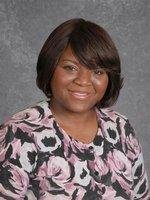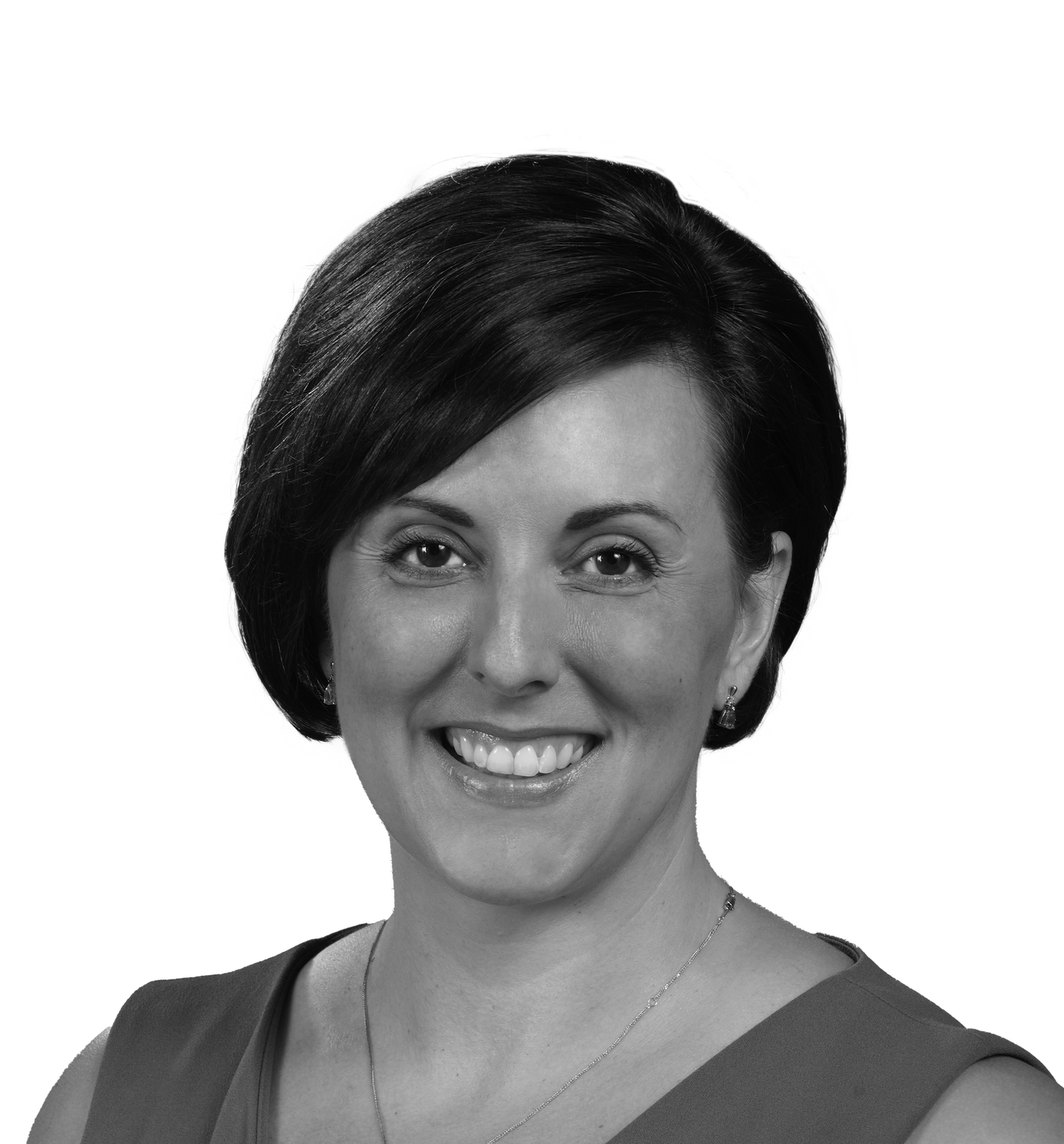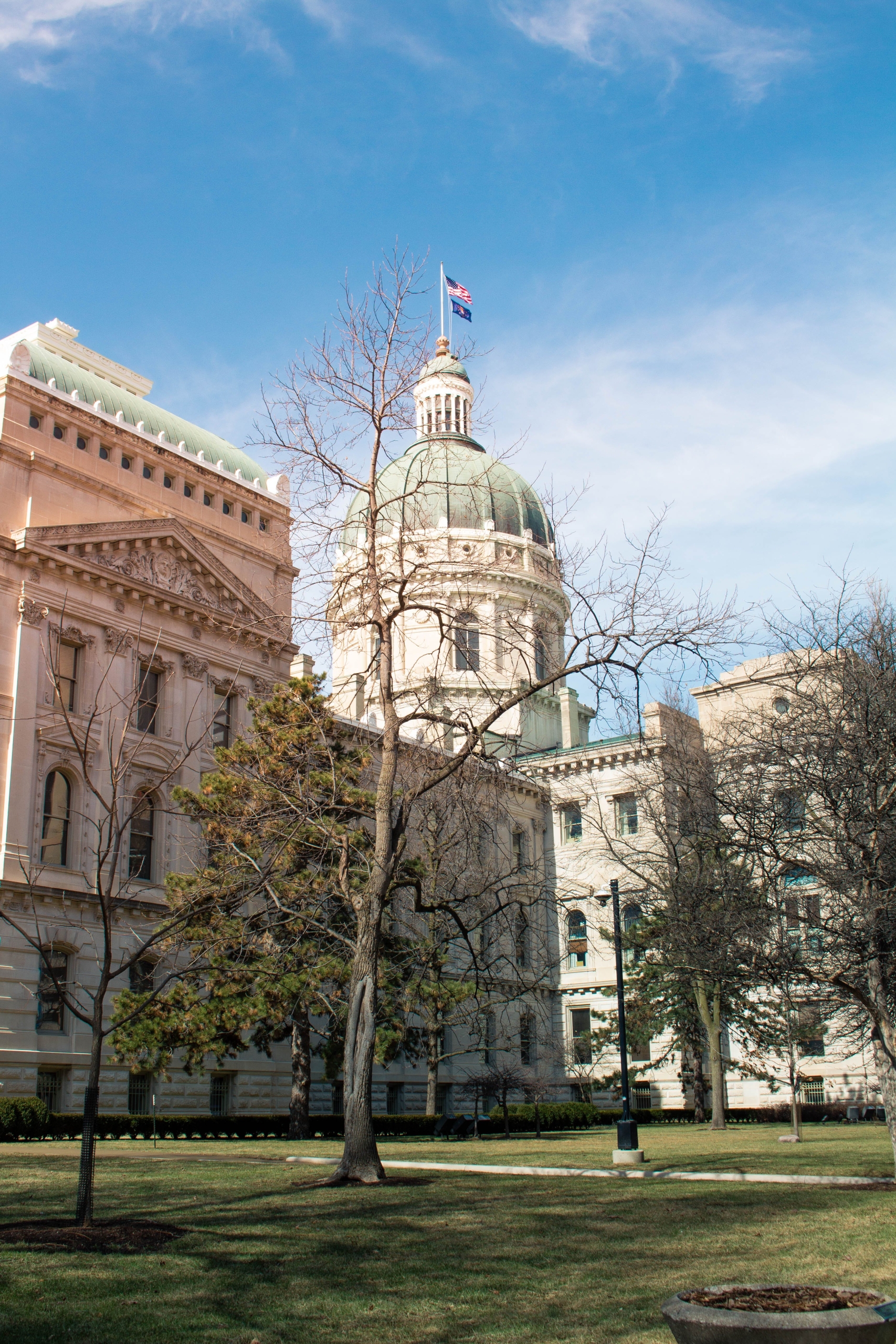“If It Can Happen in Orangeburg…”
It’s been a big 2017 for the Orangeburg 5 High School for Health Professions, a South Carolina-grown public charter school. A 100% graduation rate, a 100% college or military acceptance rate, cutting the ribbon on a brand new $5M building (built entirely with private funds)…and even a shout out from a U.S. Senator about the important role that specialized charter schools and technical colleges play in helping students gain the real-world job skills they need.
This scrappy school and its visionary leadership are truly defying the odds. 97% of their students qualify for free or reduced lunch and only 30% of entering students achieve at grade level when they arrive. And admission is not selective. As a public charter school, any student in the Orangeburg area can register for the random drawing for admission to the limited number of seats that are available every year.
What’s their secret for success?
This week, Principal Angel Malone shared just that with the South Carolina Senate Finance Committee’s newly empaneled K-12 Education and School Equity Committee.
According to Angel, it all comes down to their model of entrepreneurial leadership that “looks at school as a business” and their innovative teacher mentorships that create “shared accountability within the school.”
She continued, “Money is great, but that is not the greatest commodity. What we found is that it’s entrepreneurial leadership and the relationships and partnerships in the community that are built.”
Asked to isolate the single most important part of the school’s winning formula, Angel shared, “The greatest contact point with students is the teacher. They are the thermostat in that room – they can make the expectation go up or down. We spend a lot of time to mentor them so that they’re ready to raise the expectations for those students.”
But mentorships don’t just stop with the teachers. The school harnesses the talent of highly successful professionals; they have a doctor and registered nurse who teach in the school and a civil engineer who tutors students in the afternoon. Why?
Because it’s critical for students in poverty to have exemplars to show what achievement looks like. As Angel explains it, “We want our students to know they can be competitive with the world, no matter where they came from.”
The school still faces big challenges. For example, as we wrote earlier this year in a profile of Health Professions, public charter schools in South Carolina do not receive transportation funding and have very limited access to facilities funding, which puts them at a big disadvantage relative to traditional public schools:
Right now, Health Professions spends between $70-80,000 classroom dollars each year on bus transportation for their students. Angel says, “This money could assist with hiring another core teacher. Dedicated money for transportation funding would allow my students who travel the farthest an opportunity to attend college early without having to worry about how they will get there.”
But obstacles won’t stand in the way of success for her students. Now, as Angel testified before the Senate panel this week, she wants to replicate Health Professions’ entrepreneurial success in other rural, high-poverty schools through a new Academy of Teaching and Learning. In fact, she has already successfully carried the model to the town of Bowman, working with leaders and teachers there to delivered strong, transformative results for students.
Senator John Matthews, who represents the Orangeburg area and has visited the school told his colleagues, “You have to see it to really put an appreciation on what they do. They do a magnificent job and these are poverty kids just like the rest of them.” Or as Angel said, “If this can happen in Orangeburg County, it can happen anywhere.”
Meet Principal Angel Malone
 Initially, Angel studied to attend medical school but was asked by a friend to teach a biology class at a rural area high school. Her time teaching made her realize this is what she was meant to do. After 10 years in the classroom, she was approached to become the planning principle of a new Health Science Charter School that would prepare students for the health care field. She calls it “serendipity” to have the opportunity to prepare students for a field of study that she is personally passionate about.
Initially, Angel studied to attend medical school but was asked by a friend to teach a biology class at a rural area high school. Her time teaching made her realize this is what she was meant to do. After 10 years in the classroom, she was approached to become the planning principle of a new Health Science Charter School that would prepare students for the health care field. She calls it “serendipity” to have the opportunity to prepare students for a field of study that she is personally passionate about.
Angel says, “My life’s purpose is to tap into the potential of others and help them be their best self. I live out this purpose when I am able to open doors for students who never knew there was a door and those who did but just needed guidance in navigating towards their goals. I was a student in high school who was told that I was not college material. Thus, my passion is to wake up every morning to prove to these students that, ‘You are career and college material and that you can be anything your mind can conceive and your heart desires.’”




